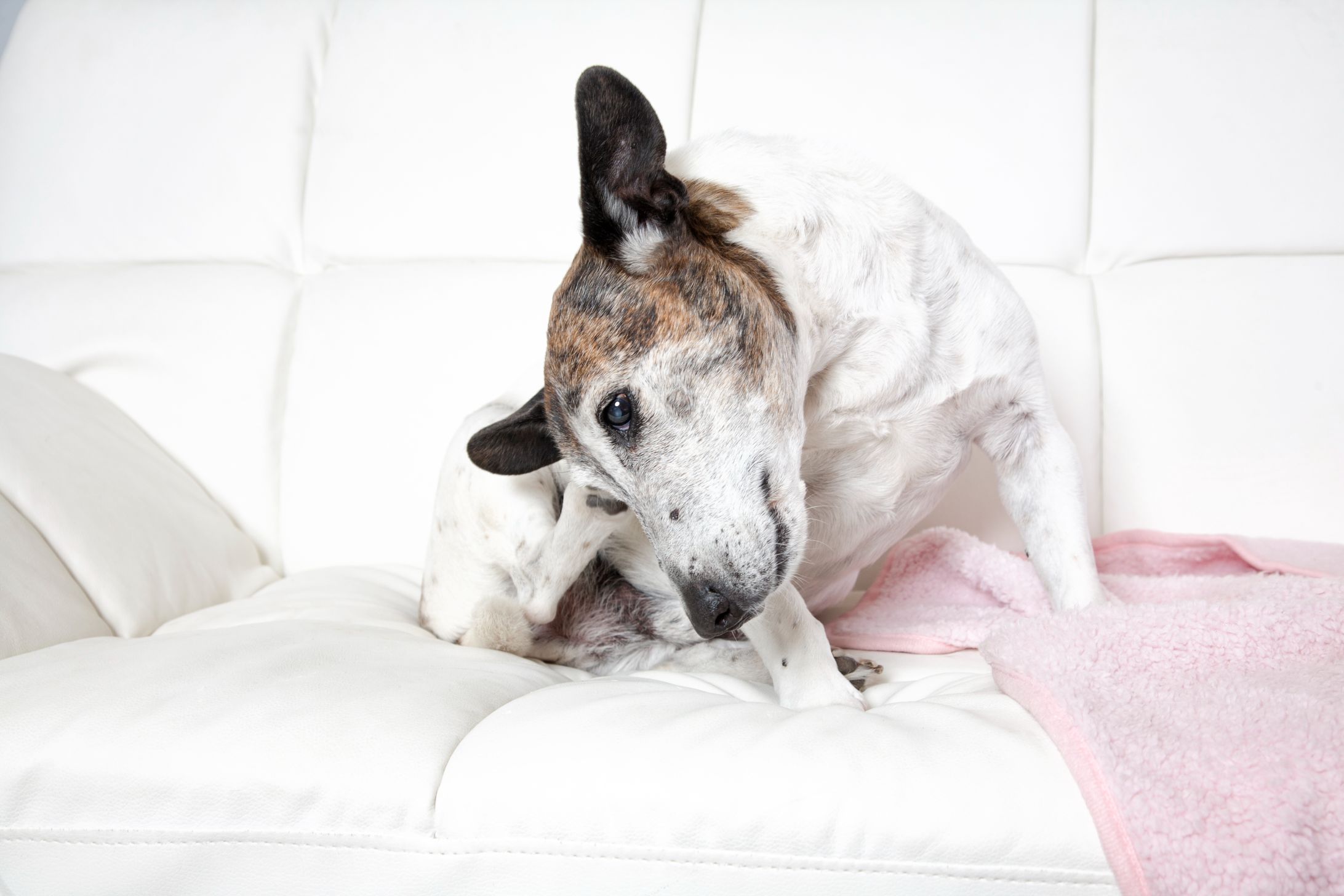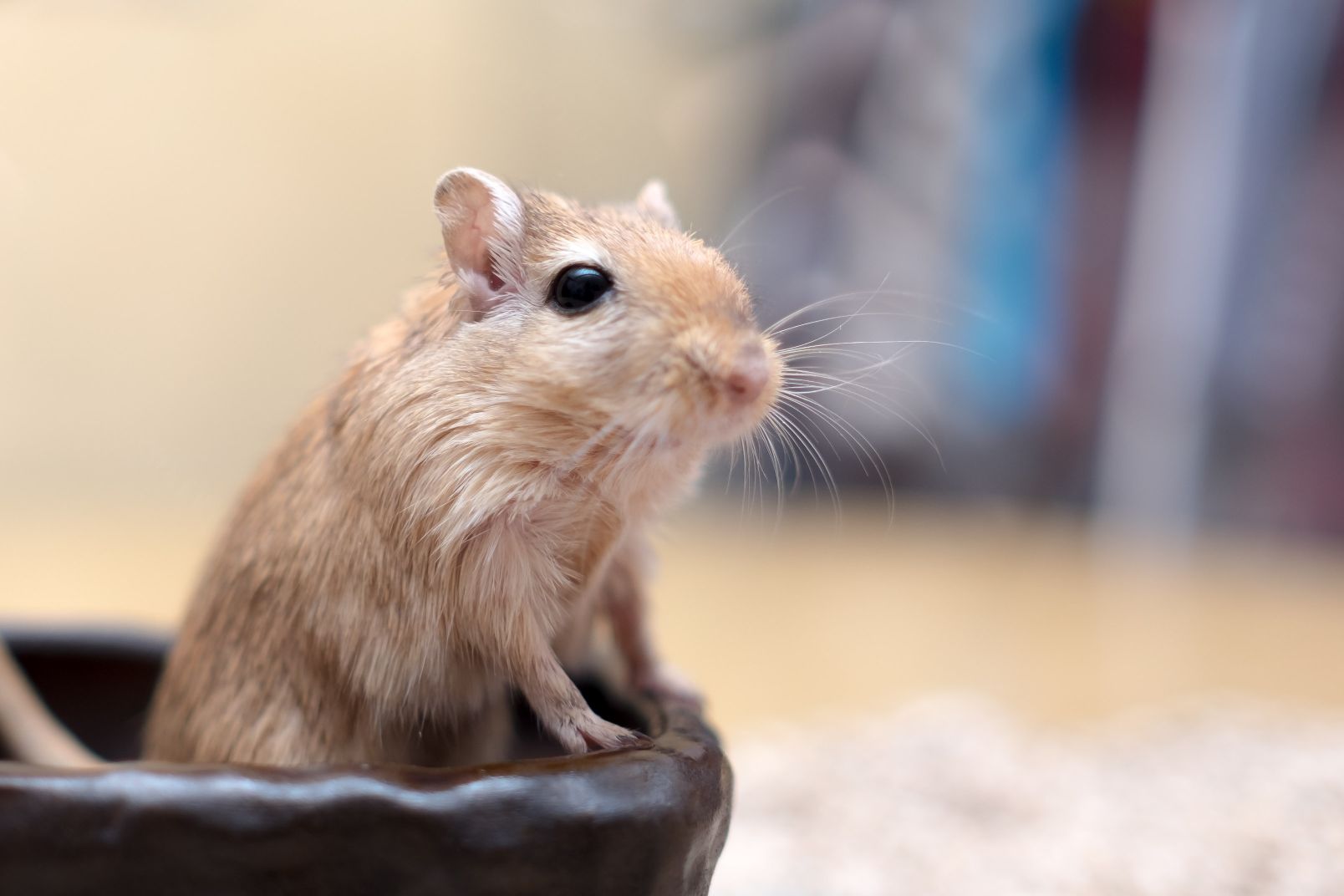
Responsible pet owners are incredibly invested in their pet’s health and wellness, maintaining preventive care, regulating diet and exercise, and enriching their pet’s daily lives.
However, even the most involved, vigilant pet owners can’t see all the potential risks in and around their pet’s environment. When it comes to preventing pet poisoning, the biggest threats may be hiding in plain sight.
Dangers of Sugar-Free
Xylitol sounds like an excellent alternative to sugar, and for most people it is. Because it has fewer calories than sucrose and has a low glycemic index, Xylitol is a valuable asset to diabetics and those on carb-restricted diets. Xylitol also works wonders against oral bacteria that cause tooth decay.
Indeed, Xylitol is a meaningful alternative for many people, but never for pets.
A Closer Look
Derived from various plant materials, Xylitol is a naturally occurring alcohol used to sweeten the following human products:
- Toothpaste
- Mouthwash
- Gum
- Mints
- Candies
- Baked goods
- Fruit drinks
- Sport drinks
- Cereals
- Jellies and jams
- Jell-o and pudding
- Gummy vitamins
Sugar-Free PB
Shockingly, there are many peanut butter brands that sweeten products with Xylitol. Since dog owners often treat their pups with a smear of PB, or use it to conceal medicine, it’s critical to check the ingredients on the label. Anything that says “artificially sweetened” should be “paws off” for pets.
Why is Xylitol so Harmful?
Unfortunately, Xylitol is incredibly toxic to pets, especially dogs. Depending on how much is consumed, and the size, weight, and lifestyle of the pet, Xylitol can cause a life-threatening pet poisoning by triggering a rapid release of insulin. This causes a frightening drop in blood sugar levels, or hypoglycemia, and can lead to liver failure.
Dangerous Symptoms
The effects of hypoglycemia usually start to trigger the following symptoms within an hour:
- Vomiting
- Weakness
- Coordination difficulty
- Depression
- Lethargy
- Seizures
- Coma
As soon as you know, or suspect, that your pet ate something containing Xylitol, seek immediate veterinary intervention. Aggressive treatment can stop the dangerous development of this type of pet poisoning, and can include:
- Inducing vomiting
- Sugar monitoring
- Dextrose administration
- IV fluid therapy
- Liver protectant medication
Ongoing blood work will confirm the direction a pet is going in, and whether or not their liver function is compromised.
Say No to Pet Poisoning
Xylitol toxicity is a scary situation for pets and their owners. The key is prevention. Do not share sugar-free foods, or make them accessible in any way. Be sure that jackets, purses and backpacks are always off the floor.
When brushing your pet’s teeth (an excellent daily or weekly task with tremendous long term benefits and savings), be sure to provide them with toothpaste specifically designed for pets, never human toothpaste, as it can contain Xylitol.



